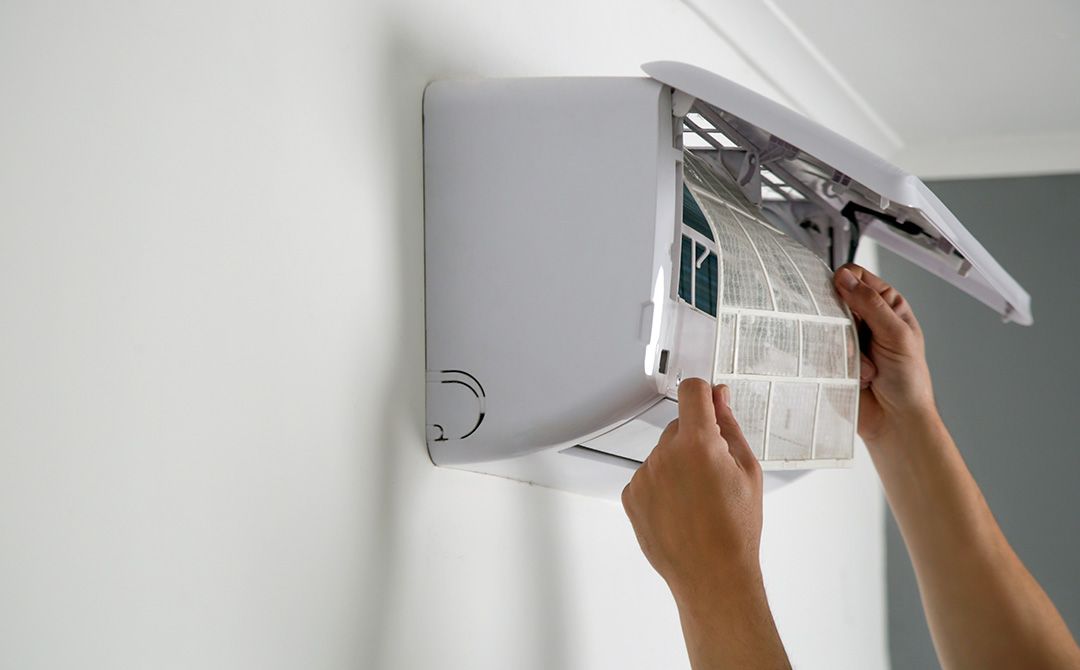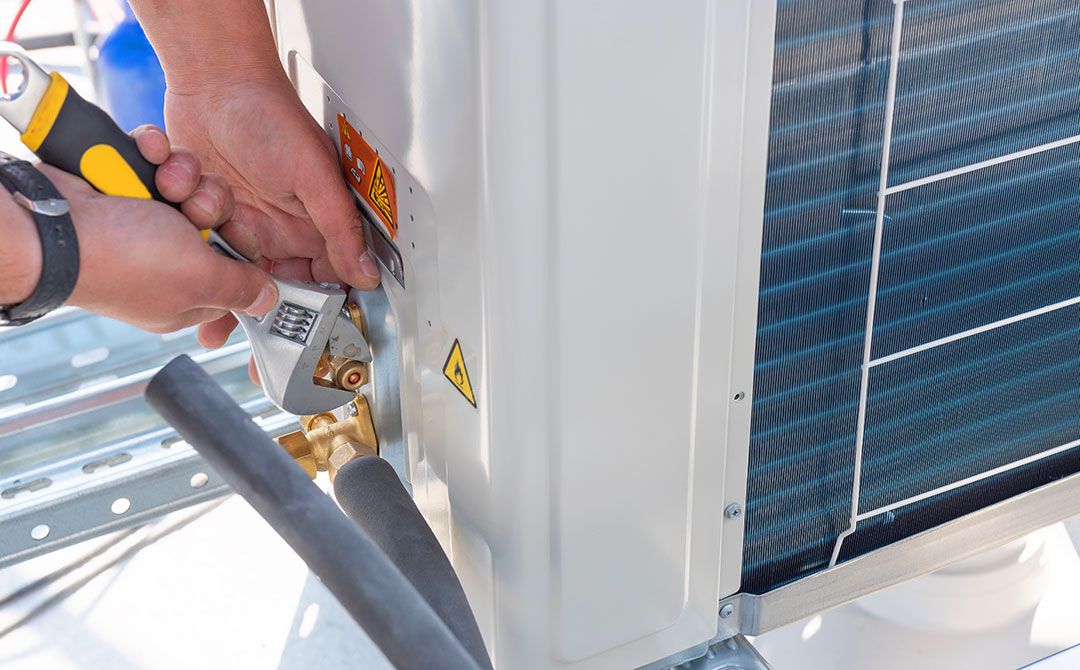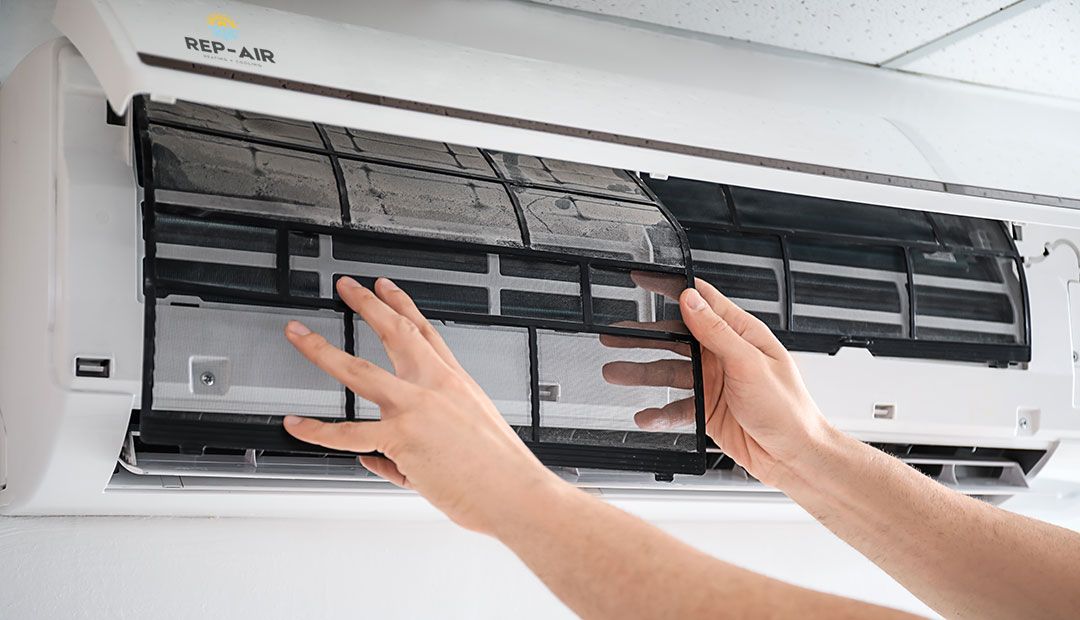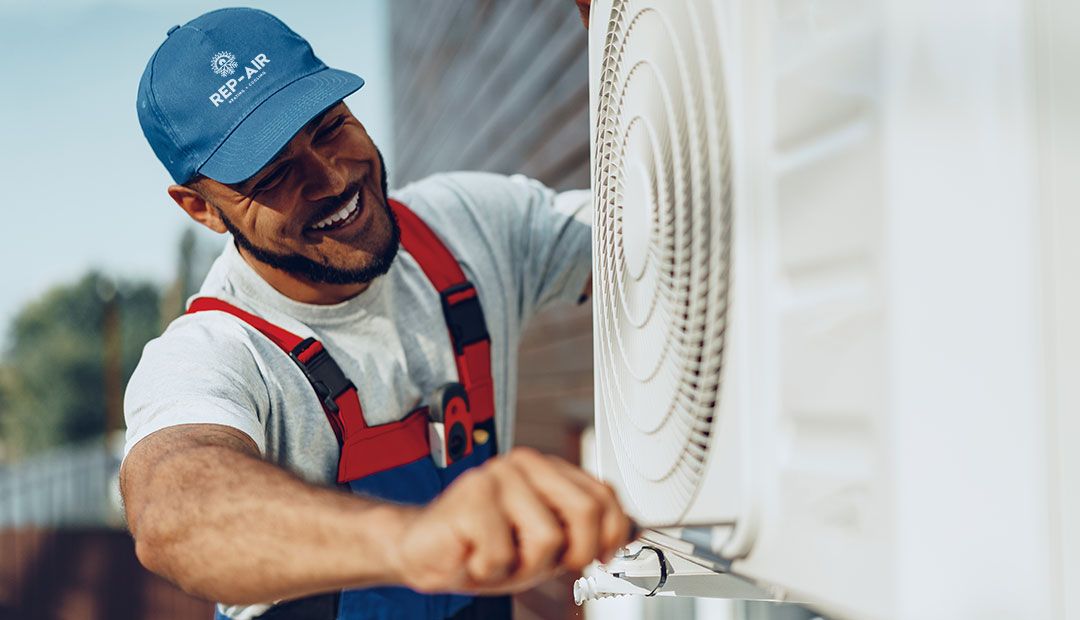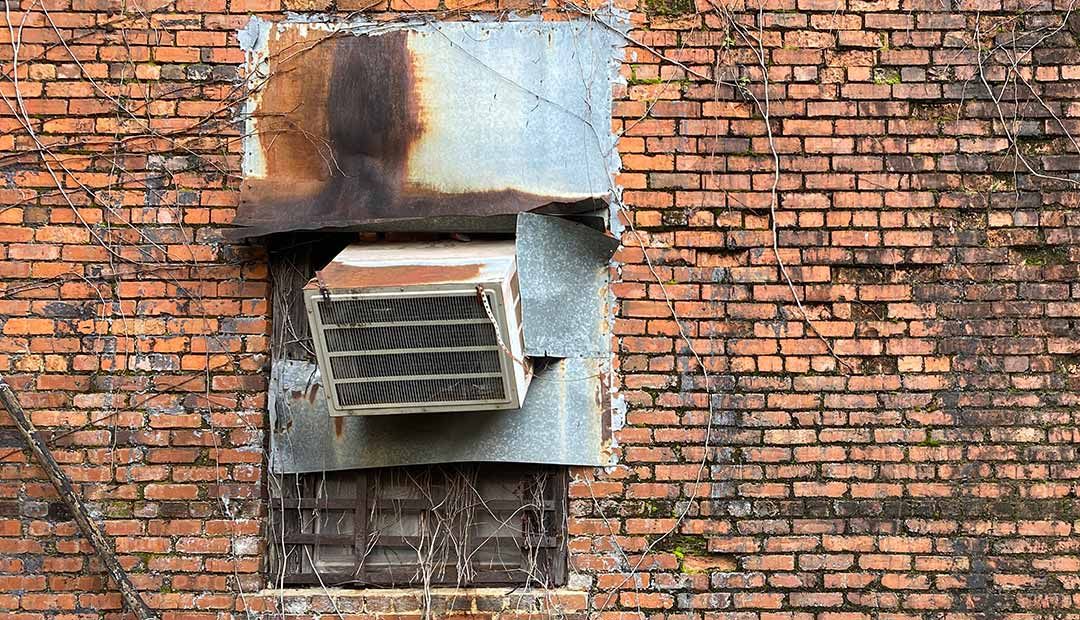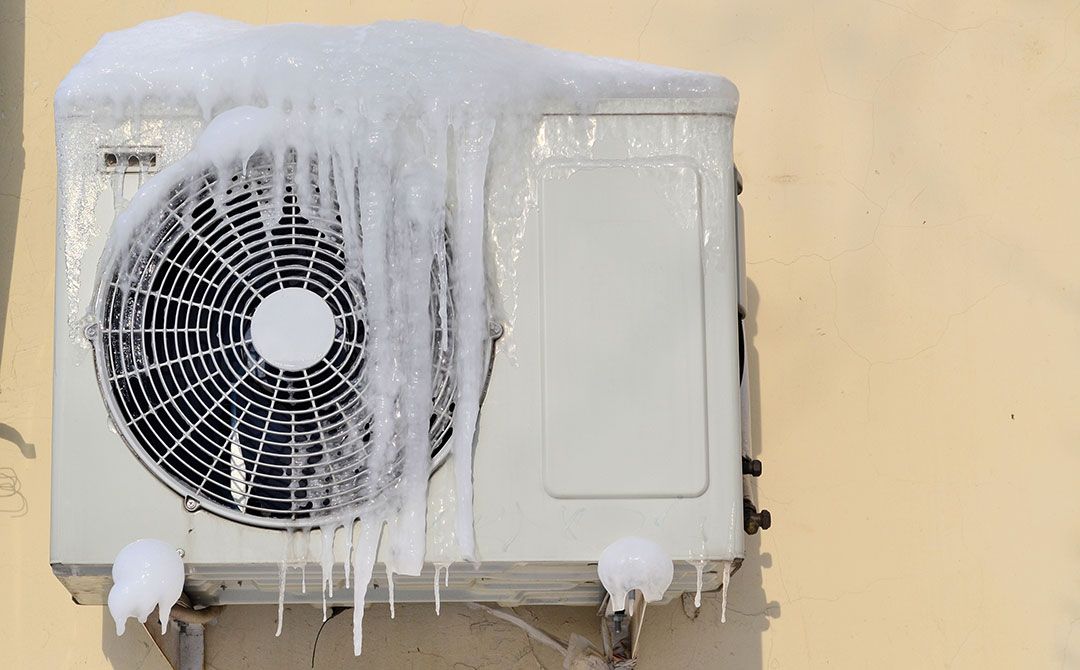Strengthen Your Coquitlam Home Safety with Comprehensive Protection Solutions
Home is where the heart is, and ensuring that your Coquitlam residence is a safe and secure sanctuary for you and your loved ones is a top priority. Whole home protection solutions encompass a broad range of measures and technologies designed to enhance the safety, security, and comfort of your living spaces. By investing in such solutions, you can minimize potential hazards, deter potential intruders, and protect your property from unforeseen events such as fires or electrical outages.
Whole home protection can cover various aspects of your residence, including security systems, backup power sources, fire and carbon monoxide detection, electrical safety measures, and much more. These features work cohesively to create a network of safeguards, providing comprehensive protection for your household. Expert guidance and personalized recommendations from our knowledgeable professionals are essential to tailoring a whole home protection solution that fits your unique needs and ensures the well-being of your family and property.
Stay tuned as we explore the importance of whole home protection, discuss different systems and solutions, and highlight the benefits of enlisting the help of experienced professionals, such as our team. Armed with this information, you can invest in cutting-edge protection solutions that transform your Coquitlam dwelling into a safe and secure sanctuary for you and your loved ones.
Essential Components of Whole Home Protection
- Security Systems: Modern residential security systems encompass a variety of components, including surveillance cameras, motion detectors, door and window sensors, and smart locks. These technologies work together to help prevent unauthorized entry and alert you to any potential threats.
- Backup Power Solutions: In the event of a power outage, a backup generator can provide a reliable source of electricity to keep essential appliances and devices operational. This can ensure the comfort and safety of your home, especially during severe weather conditions.
- Fire and Carbon Monoxide Detection: Smoke and carbon monoxide detectors are critical for detecting potentially life-threatening hazards and alerting your family to take action. Keeping these detectors up to date and functioning correctly is essential for effective home protection.
- Electrical Safety Measures: Electrical safety measures include installing ground fault circuit interrupters (GFCIs), ensuring proper alignment in your electrical panel, and implementing surge protection. These preventive measures can help protect your home from potential electrical fires and equipment damage.
Benefits of Whole Home Protection Solutions
- Enhanced Safety: The primary benefit of whole home protection solutions is increased safety and security. By having multiple systems in place, you can be confident that your Coquitlam home is protected against various threats.
- Peace of Mind: Knowing that your home is secure and your family is safe provides priceless peace of mind, allowing you to enjoy your daily life without constant worry or concern.
- Property Protection: Whole home protection solutions can help protect your property from potential intruders, vandalism, and damage caused by fire or water.
- Cost Savings: Although the initial investment in whole home protection might be significant, the long-term savings in avoiding damages and potential insurance claims can make these solutions well worth the investment.
Advantages of Partnering with Professional Service Providers
- Expert Knowledge and Experience: Professional service providers have extensive experience and expertise in assessing your home’s specific needs and recommending tailored whole home protection solutions. They can help you navigate the various technologies and options available on the market to choose the best systems for your unique requirements.
- High-Quality Products and Installation: By partnering with a professional service provider, you can ensure access to top-quality products and systems. Furthermore, expert installation ensures that your protection solutions are correctly installed and optimally functioning.
- Ongoing Support and Maintenance: A significant advantage of working with professionals is access to ongoing support and maintenance services. Regular maintenance ensures that your whole home protection solutions remain up-to-date, functional, and effective against potential threats.
- Customization and Integration: A professional service provider can help you customize and integrate various whole home protection solutions to create a seamless and efficient security network throughout your Coquitlam residence.
Conclusion
Investing in whole home protection solutions is an invaluable step in ensuring the safety and comfort of your Coquitlam home. Comprehensive security systems, backup power solutions, fire and carbon monoxide detection, and electrical safety measures combine to create a robust network of protection for your family and property.
By partnering with experienced professionals like our team at Rep-Air Heating And Cooling, you can ensure access to expert advice, top-quality HVAC services, and whole home protection in Coquitlam. Trust our skilled professionals to transform your residence into a secure and comfortable sanctuary where you can enjoy peace of mind knowing that your loved ones and home are well-protected. Contact us today.



